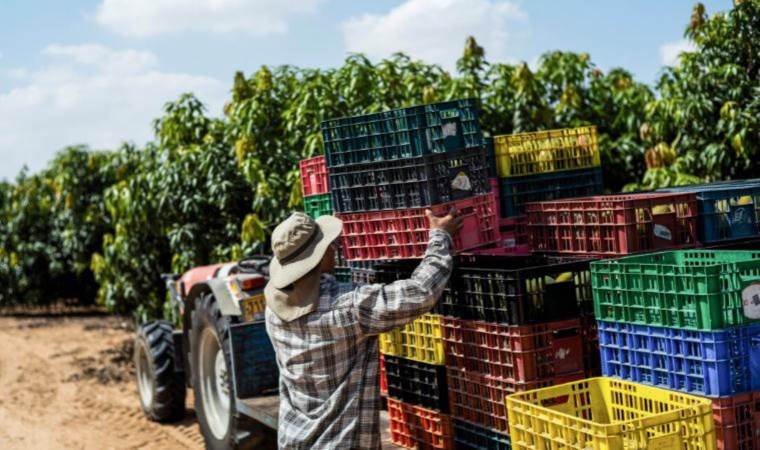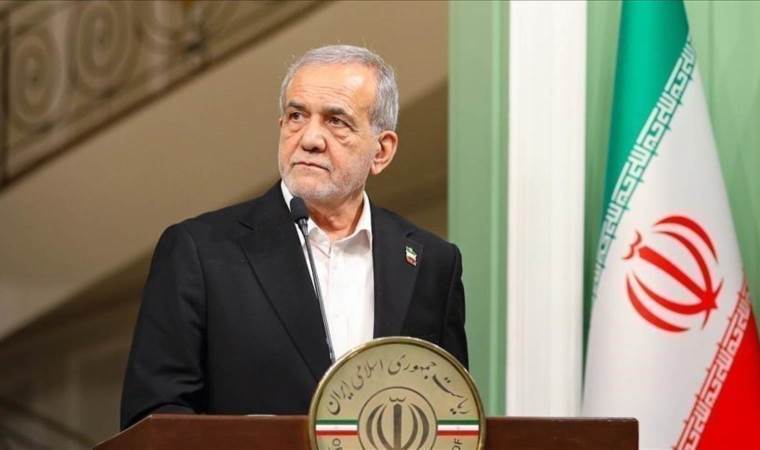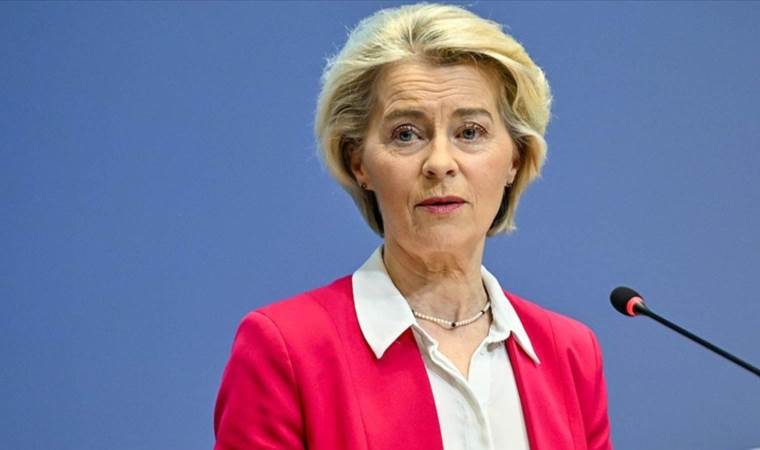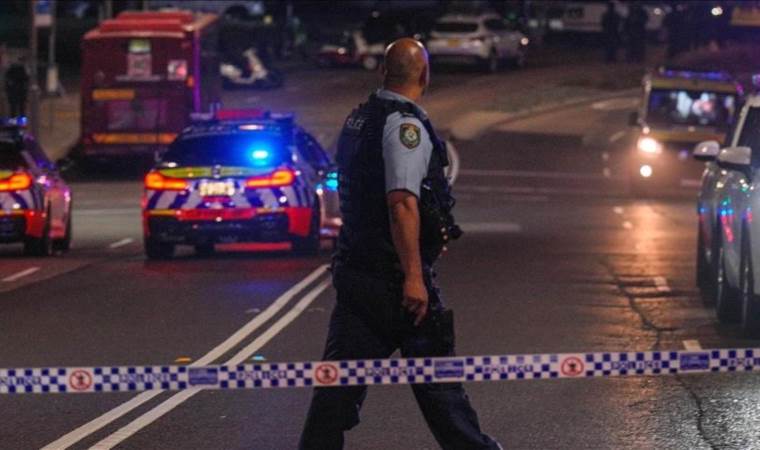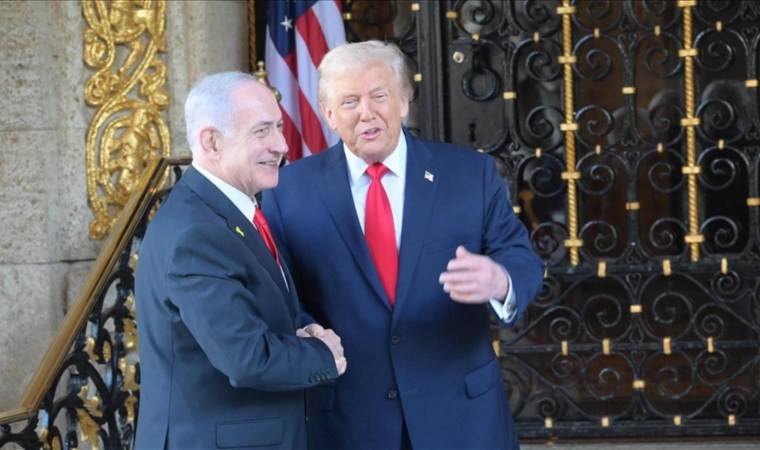Thai investigation into BYD EV discounts moves ahead despite cash-back offer
A Thai investigation into discounts from China's BYD 002594.SZ, 1211.HK will continue despite a cash-back programme from its distributor in response to a backlash from consumers who felt they overpaid for their EVs, a senior official said Friday.
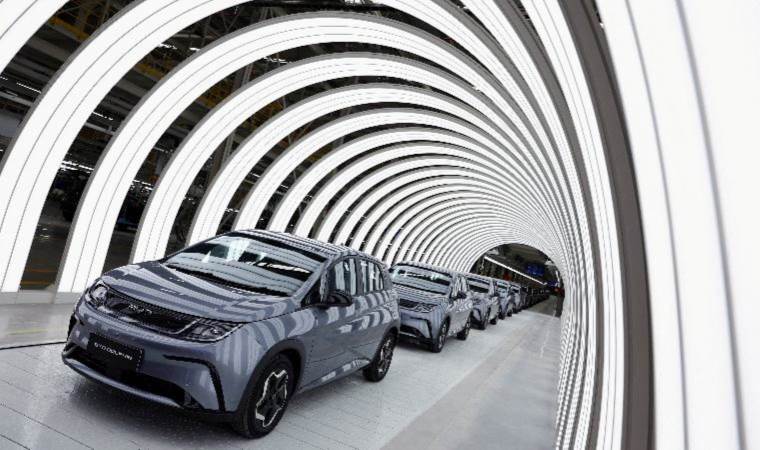
Thailand, a regional auto assembly and export hub, is BYD's largest overseas market, where it is the top-selling electric vehicle brand. BYD last month opened a factory in Thailand, its first in Southeast Asia.
Rever Automotive, BYD's Thailand distributor, this week announced a cash-back programme and discounts at charging stations until March 2025.
Existing BYD customers can receive cash back of up to 50,000 baht ($1,382) on their next purchase of the ATTO 3 or BYD Seals models from July 18 to the end of August, Rever said in a Facebook post.
But an investigation by Thailand's Consumer Protection Board will continue, with new complaints coming in, now more than 100, said Passakorn Thapmongkol, a senior official at the agency.
"We have another meeting next week to so they can explain further," Passakorn told Reuters, outlining discussions between the agency and Rever.
Rever, which has a network of over 100 dealerships across Thailand, in a statement said the cash-back campaign was a promotion for old customers and not part of a compensation programme.
BYD holds a 20% stake in Rever Automotive.
The issue came onto the government's radar this month after Rever made sharp price cuts to its cars, as much as 340,000 baht ($9,400) for some models, triggering complaints from previous buyers of BYD EVs.
Prime Minister Srettha Thavisin asked BYD CEO Wang Chuanfu to ensure Thai consumers were protected, to which Wang assured the premier its future pricing would be appropriate.
Shenzhen-list BYD is part of a wave of Chinese automakers investing more than $1.44 billion to set up new EV factories in Thailand, helped by government subsidies and tax incentives.
Pledged investments from other makers include Changan Auto with $285 million.
The government aims convert 30% of its 2.5 million vehicle production capacity to be EVs by 2030.
Most Read News
-
 China launches satellite for geographic research
China launches satellite for geographic research
-
 Iran’s president pledges economic reforms, calls for dia
Iran’s president pledges economic reforms, calls for dia
-
 Zelenskyy says US support critical for Ukraine, doubts R
Zelenskyy says US support critical for Ukraine, doubts R
-
 Prosperity of a free Ukrainian state lies in EU accessio
Prosperity of a free Ukrainian state lies in EU accessio
-
 US military strikes vessel in Eastern Pacific
US military strikes vessel in Eastern Pacific
-
 Bondi Beach attackers were operating alone: Australian f
Bondi Beach attackers were operating alone: Australian f
-
 Trump says US, Israel do not agree '100%' on West Bank
Trump says US, Israel do not agree '100%' on West Bank
-
 Yemen cancels joint defense agreement with UAE, calls fo
Yemen cancels joint defense agreement with UAE, calls fo

